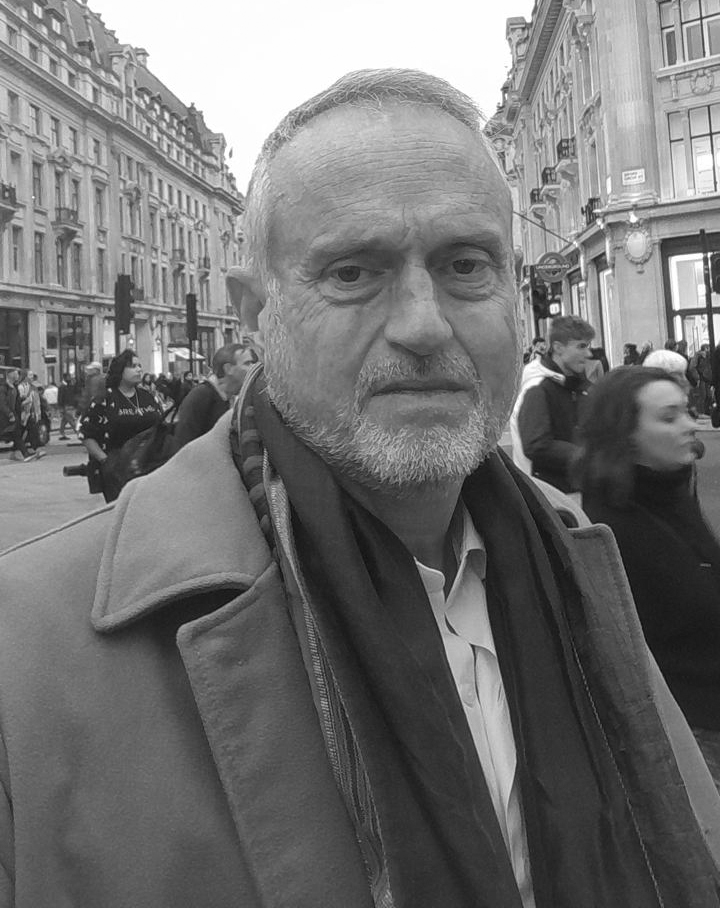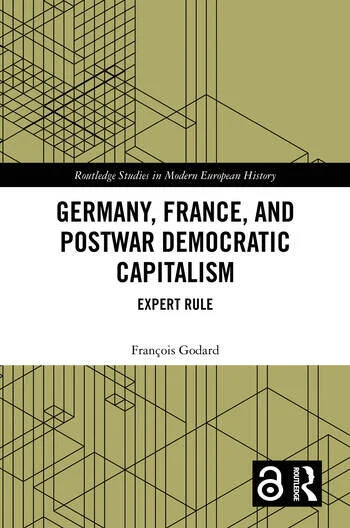
I was born and raised in Canada. In 1985 I was awarded a licence in modern literature at the Paris Nanterre University, and in 1987 I graduated from Sciences Po in Paris. I have since pursued a career as a business analyst and advisor in the media and telecoms industries. I wrote for trade publications like Variety, The Hollywood Reporter and FT Media and Telecoms. Since 2004 I work with Enders Analysis, a London-based firm.
Expert Rule springs from my doctoral thesis at the University of Geneva where Jonas Pontusson was my adviser. My doctorate was awarded in 2020.
I live in Procida, off the coast of Naples.
Research interests
Comparatist political economy, diversity of capitalism, populism, technocracy and democracy, populism and home ownership, ruling against public opinion.
Publications
Enchanting Social Democracy: The Resilience of a Belief System in Critical Review (2012)
A discussion and introduction to Marcel Gauchet’s views of modern democracy.
The Road to Serfdom’s Economistic Worldview in Critical Review (2013)
On the pitfalls (social democracy did not bring totalitarianism) and real legacy (the social market economy) of the wartime pamphlet of Friedrich Hayek.
French election: High tide of populism receding? Enders Analysis (2017)
About the likely election win of centrist Emmanuel Macron.
States and the Ideas that Drive Them: Ideational Change and the European Postwar in Political Epistemology (2023)
Ideas run the world, not settlements between social classes.
MY BOOK
Germany, France and Postwar Democratic Capitalism: Expert Rule
Published May 2024
This book concentrates on the political economies of Germany and France in the period spanning between the end of the Second World War and the 1970s, with a subsequent consideration of Italy and Britain as ‘shadow cases’.
European postwar accounts have never reconciled the thwarting of widespread aspirations to socialism, and the twin feat of equalitarian growth and institutional stability. This success is precisely due to achieving the reconciliation of democracy and economic management, the yearning for collective control over social and material outcomes that was tragically aborted in the interwar period, and fed 1945 expectations. Germany, in 1948–49, and France, in 1958, carried radical institutional and policy reforms with much more in common than previously realised. Under the recast republics, social groups were steered towards support for modernisation – by the state, not through a mythical settlement. Consensus was built for trade and low inflation as vectors for higher productivity. State capacity was lifted by leadership in ideas, executive branch accountability to voters, and technocratic agencies. British and Italian underperformances reveal the countries’ uneasiness with the compact. Once understood, the convergence of productivism and democracy in the European regulatory state provides a new narrative – especially relevant today – of experts taming populists.
Thanks to support from the Swiss National Science Foundation, and the University of Geneva’s Maison de l’histoire and Fonds Rappard

Reviews
“In a striking work of revisionist political economy, François Godard draws our attention to the important roles that states played in the process of post-war modernization, especially in France and Germany. By showing how experts working for these states led social actors to new understandings of their interests, he challenges many conventional understandings of the postwar class compromise. Anyone interested in understanding how political economies are constructed will find food for thought in this important work.”
Peter A. Hall, Harvard University, USA
“Based on careful historical research, this book argues persuasively that state leadership played a key role in the postwar economic modernization of Germany as well as France. Emphasizing the ideational dimension of state leadership, Godard recasts the meaning of “state capacity” and invites us to rethink the way that state actors relate to interest groups. His argumentation has important implications for understanding the politics of economic management not only in the immediate postwar period, but in the contemporary era as well.”
Jonas Pontusson, Université de Genève, Switzerland
Contact
godard@francoisgodard.com